Give Bernard Madoff credit for one good deed: As much as his self-confessed Ponzi scheme revealed weaknesses in the Jewish world, it also laid bare many ofour strengths.
Trials and tribulations tend to do just that — bring to light the good, the bad, the ugly. When some people behave at their worst, others are forced to, or revealed to, behave at their humanly best.
That’s what any fair look at the Madoff scandal shows. The standard worry is that Madoff’s actions will give rise to a vicious anti-Semitic backlash. But I don’t see it, despite the fact that all the cretinous Jew-haters have come forward online, using this scandal as proof of Jewish financial perfidy.
![]() Earlier this week, when I entered the search terms “Madoff” and “Jewish” into Google, the top responses included JewishJournal.com and stormfront.org, a neo-Nazi Web site. That should alarm no one: The only people more obsessed than neo-Nazis with a famous person’s specific degree of Jewishness are Jewish journalists.
Earlier this week, when I entered the search terms “Madoff” and “Jewish” into Google, the top responses included JewishJournal.com and stormfront.org, a neo-Nazi Web site. That should alarm no one: The only people more obsessed than neo-Nazis with a famous person’s specific degree of Jewishness are Jewish journalists.
But anti-Semites never need a reason to hate Jews. They were penning their poison before Madoff, and they’ll be spreading it long after he’s gone. Madoff doesn’t make anti-Semites more rational, just more topical.
But will their spew gain more traction in the wider community? I doubt it.
It’s not just that Madoff’s victims were disproportionately Jewish. (That fact alone should give pause to the idea that we possess some super-Spidey sense of financial acumen.)
It’s that the list of victims reveals something truly remarkable about the Jewish world: its deep and far-reaching philanthropy.
What, for instance, does this partial list of Madoff-afflicted charities have in common: Jewish Family Service of Los Angeles, the Chais Family Foundation, the Wunderkinder Foundation, Carl & Ruth Shapiro Family Foundation, The JEHT Foundation, Julian J. Levitt Foundation, Technion—The Israel Institute of Technology?
The answer is that they spend much, if not all, of their time and resources helping non-Jews.
Steven Spielberg’s Wunderkinder Foundation supports more than 75 diverse organizations and institutions, from the American Museum of Natural History to the Young Musicians Foundation. It gave generously to Vista Del Mar Child and Family Services and to Cedars-Sinai Medical Center, two institutions founded by Los Angeles Jews that serve a largely non-Jewish population.
A much-loved anti-Semitic trope is that “tentacles” of Jewish power encircle Wall Street, the White House, the media. But the truth is that it is the tentacles of Jewish philanthropy that reach far beyond our small, numerically insignificant community.
Public radio? The Carl & Ruth Shapiro Family Foundation gave millions to WGBH in Boston. According to The Boston Globe, the Shapiro Foundation gave more than $80.3 million over the past decade to hundreds of schools, hospitals, arts groups and community-based nonprofits in the Boston area and beyond.
Human rights? The JEHT Foundation in Massachusetts gave millions to the American Civil Liberties Union and Human Rights Watch, among many other organizations.
The arts? The Arthur I. and Sydelle F. Meyer Charitable Foundation of West Palm Beach, Fla., wiped out by Madoff, supported the Kravis Center for the Performing Arts, the Norton Museum of Art and a downtown Palm Beach amphitheater, among others. Tentacles indeed.
The list is much, much longer: The money that Madoff lost had done incalculable good, saving lives, advancing art and science, making the world a better place.
In his Sunday column, The New York Times’ Nicholas Kristof wrote that liberal Americans are less generous than conservative Americans. “Liberals show tremendous compassion in pushing for generous government spending to help the neediest people at home and abroad,” Kristof wrote, “yet when it comes to individual contributions to charitable causes, liberals are cheapskates.”
I don’t know if Jews, among the most liberal of voters, fall into the cheapskate category, or whether Jewish giving pushes up the liberal average. There is no comprehensive study of Jewish philanthropy to compare Jewish giving, whether to synagogues or for other purposes, to general American giving, according to Gary Tobin, director of the Institute for Jewish and Community Research.
But if you scroll through the list of Madoff’s philanthropic victims, you’ll find plenty of evidence that even Jews who have shed every vestige of their ancient practice short of circumcision still resonate to the prophetic call to heal the wider world.
In the second volume of his “Code of Jewish Ethics,” (Bell Tower, 2009), Rabbi Joseph Telushkin traces the textual roots for this precept back to the Talmud.
“The Talmud ruled that, ‘we provide financial support to the gentile poor as well as to the Jewish poor,'” recounts Telushkin. “This ruling was issued at a time when the non-Jews among whom the Jews lived were usually idolators with values antithetical and often hostile to Judaism.”
Telushkin concludes: “If we donate only to Jewish causes or to individual Jews in need, we may stop seeing everyone as being equally created in God’s image and therefore worthy of our help. After all, we are all members of one race, the human race.”
That’s something the Madoff scandal makes clear Jews haven’t forgotten.
















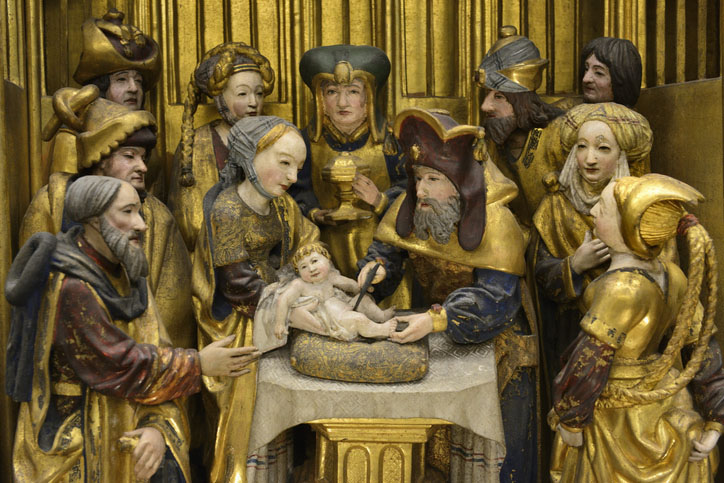



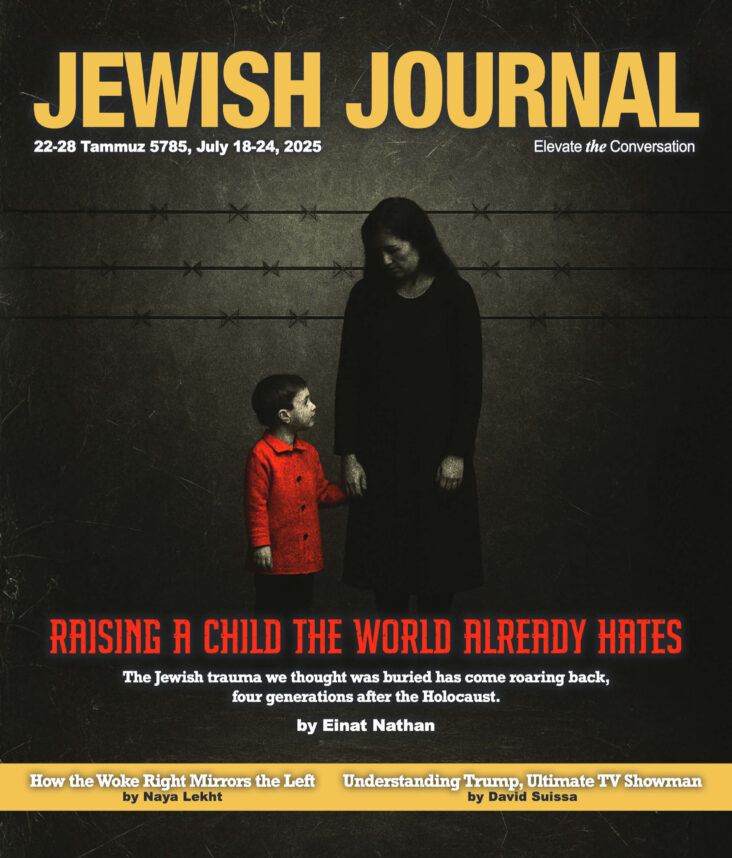



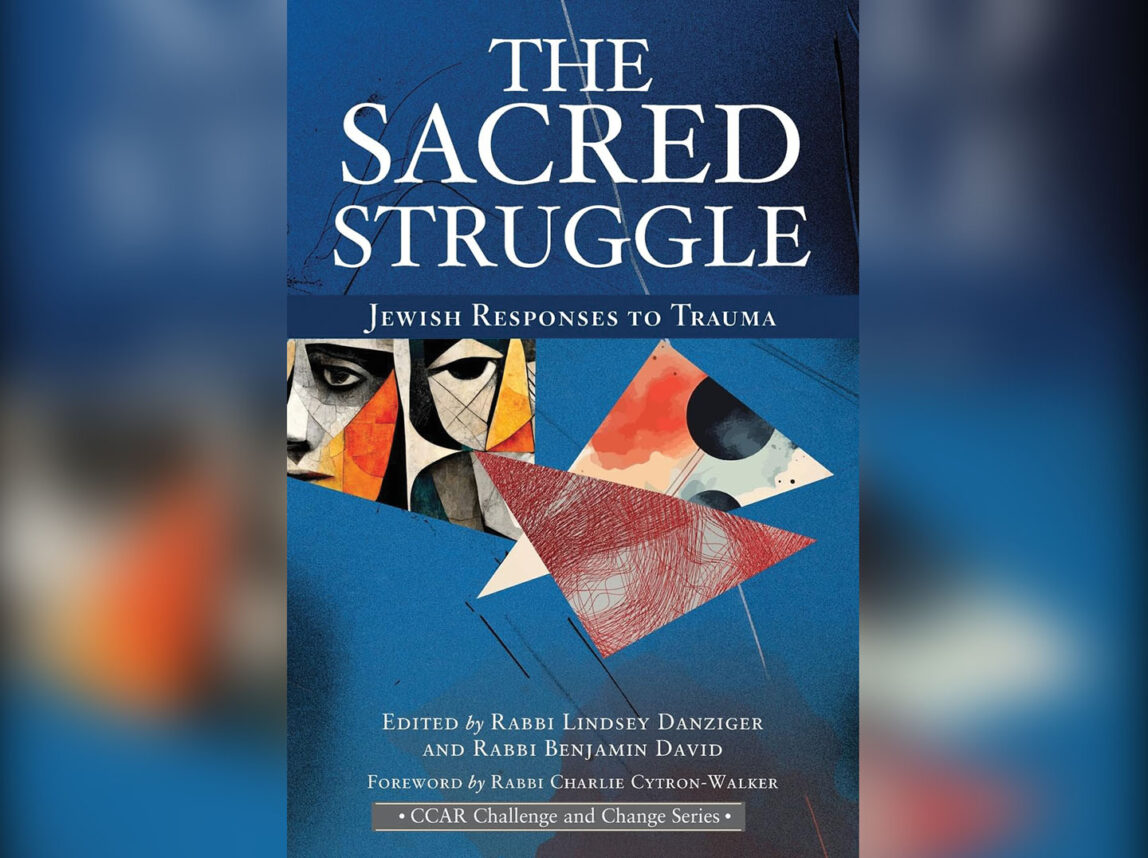

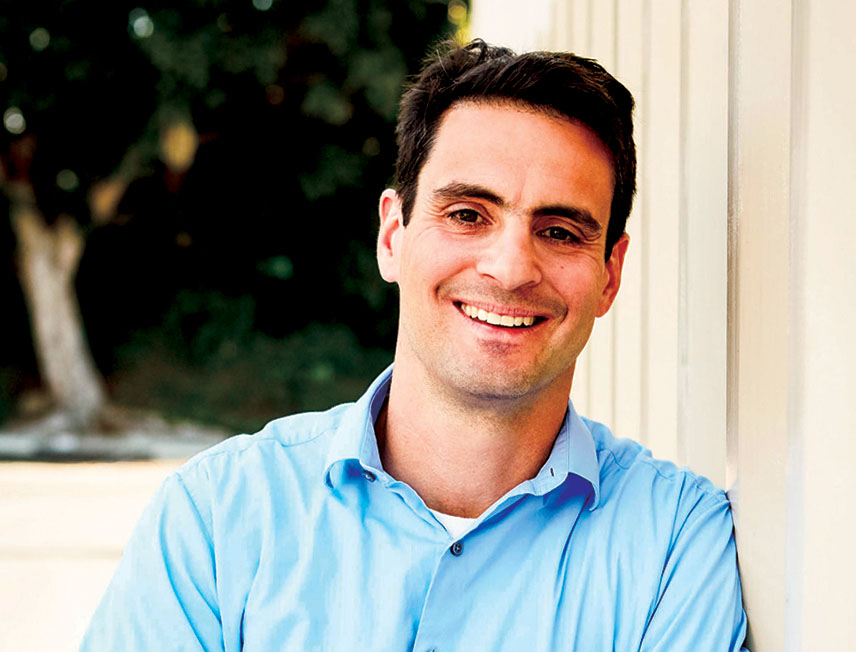
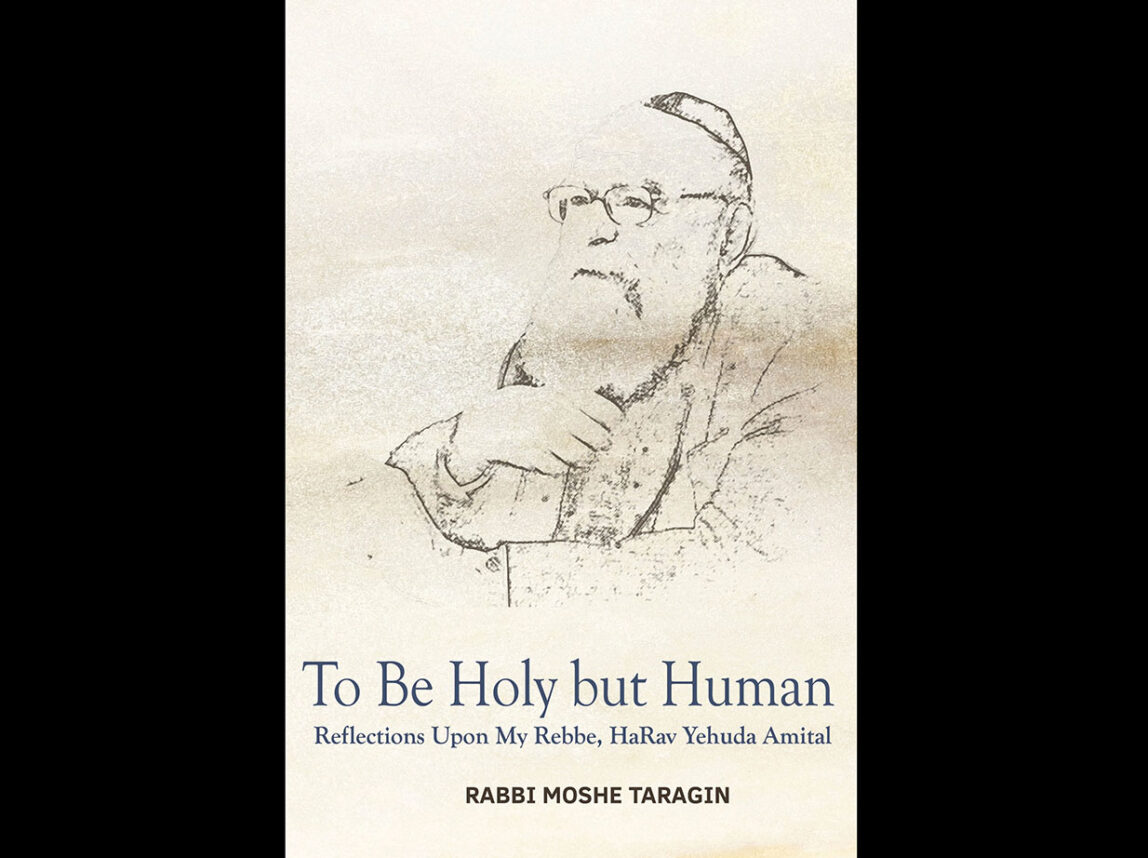
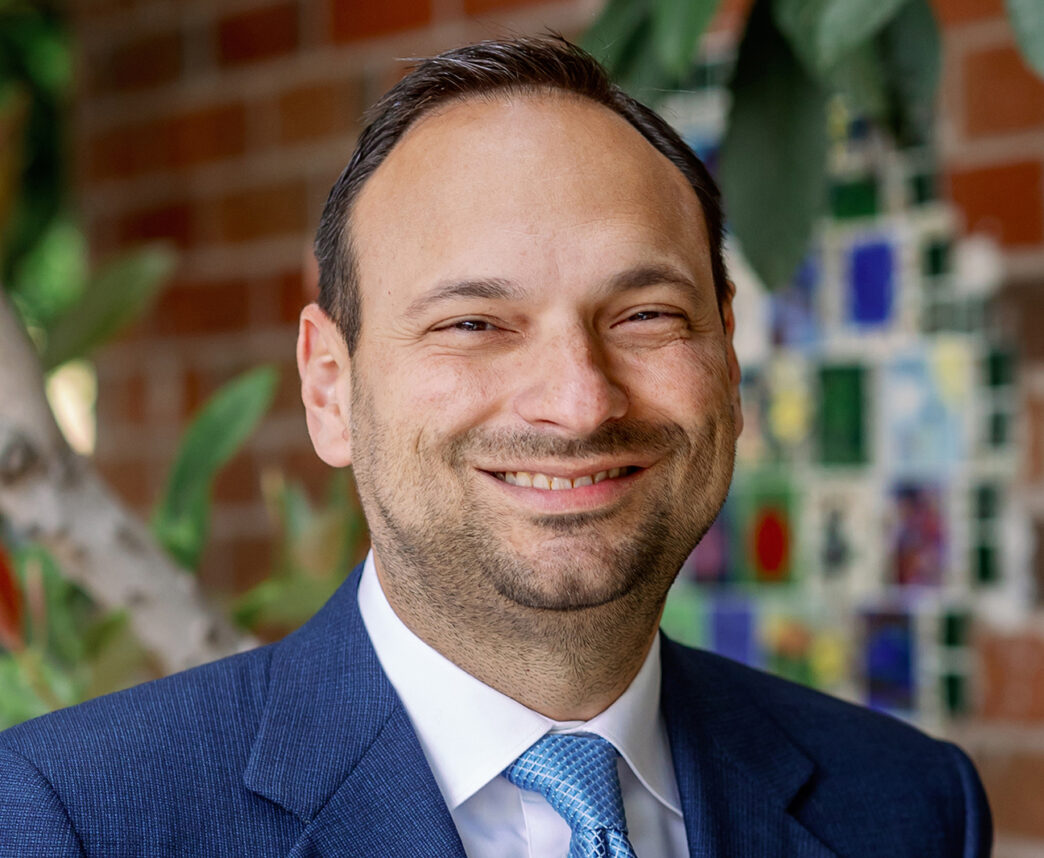


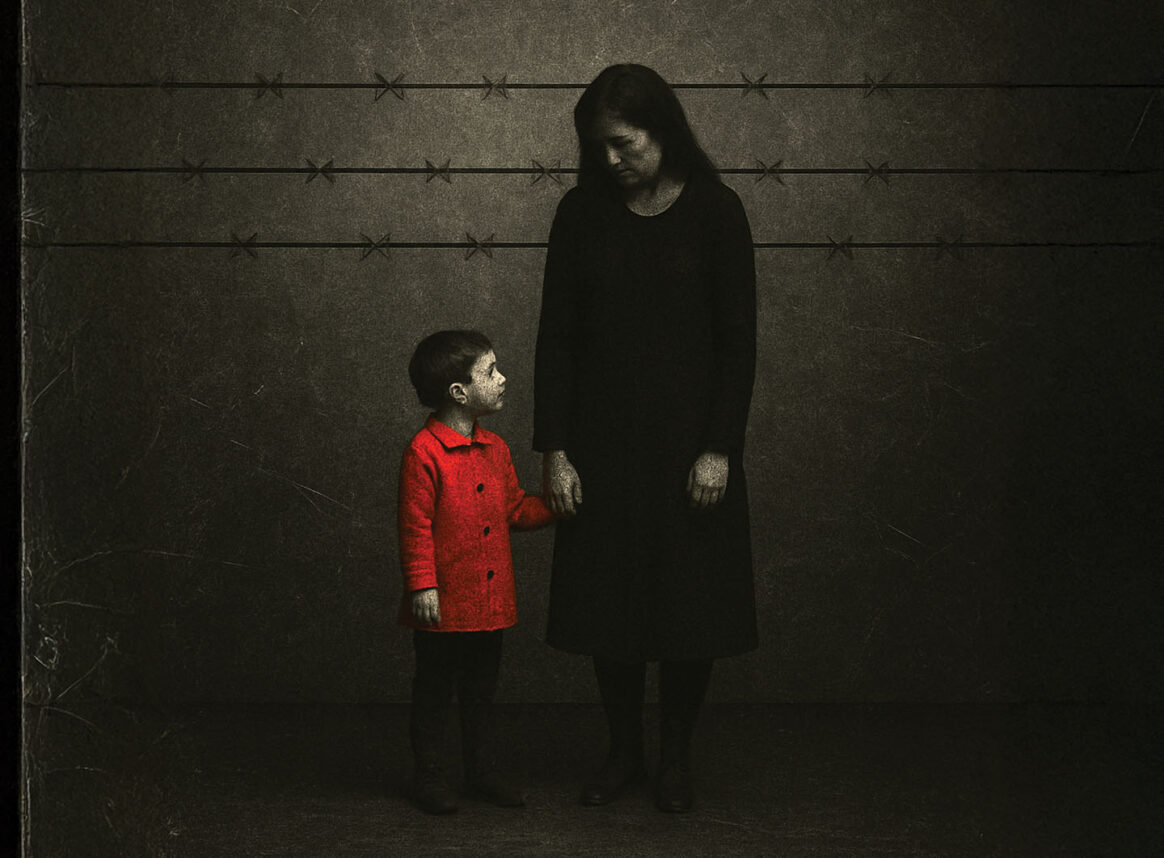
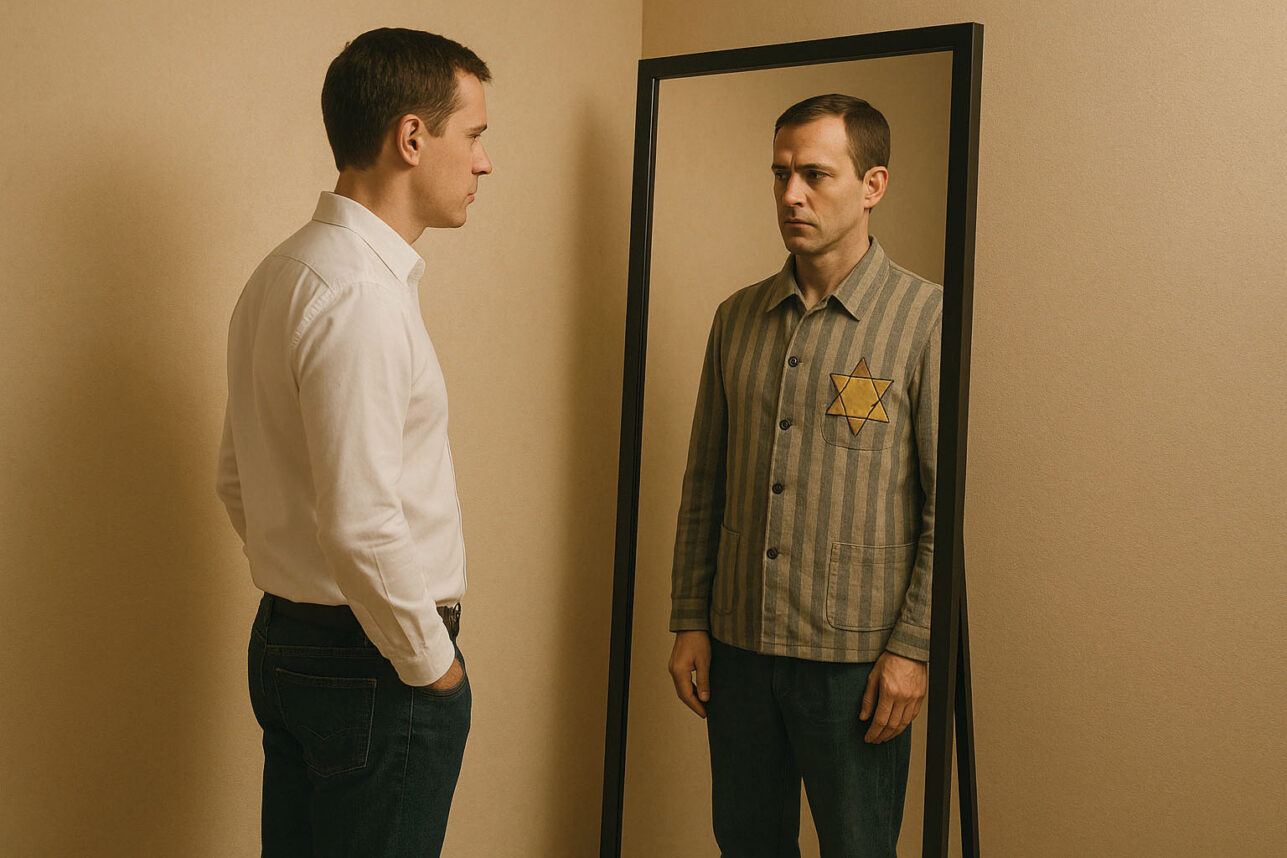

 More news and opinions than at a Shabbat dinner, right in your inbox.
More news and opinions than at a Shabbat dinner, right in your inbox.